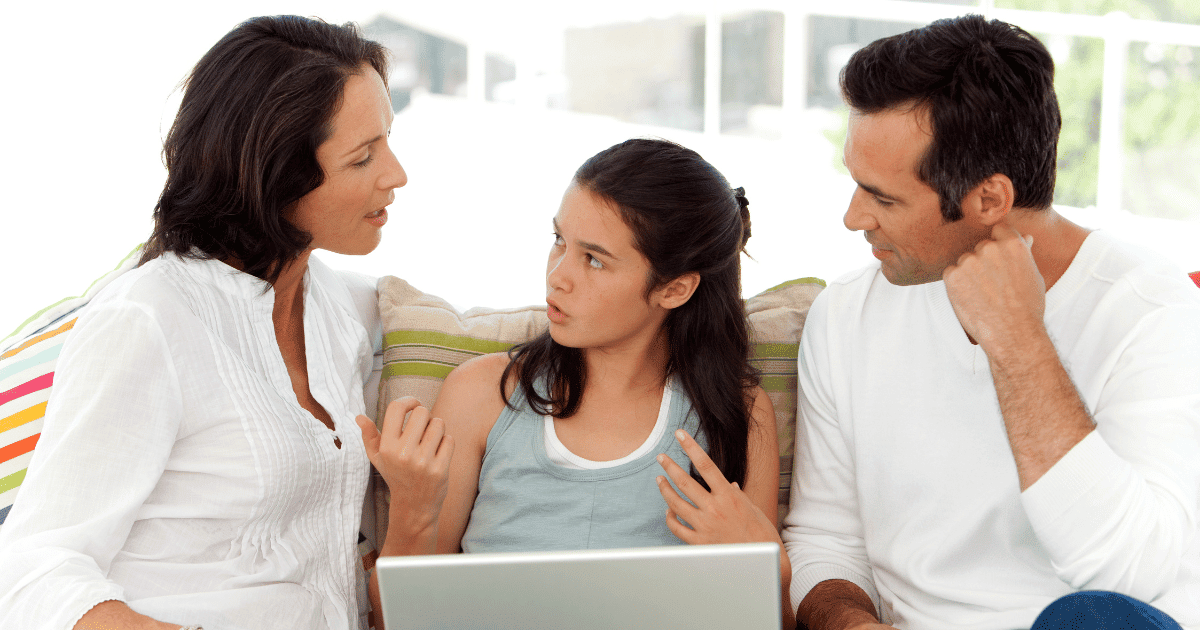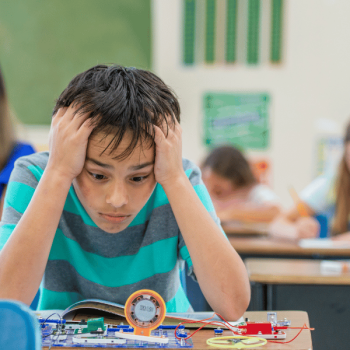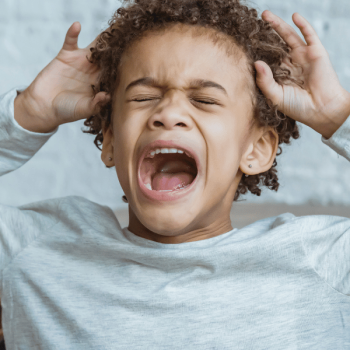
Action Step #2: Think parentally first, and politically second
In the last few presidential election cycles, it’s become more and more clear that the days of keeping our political persuasions to ourselves are gone. Still, parenting isn’t political. No matter how open we are about our political views, our job as parents first and foremost is to shepherd the hearts of our kids.
That said, I am now going to walk what I realize is a very fine line. Research shows that teenage children of politically liberal parents are more likely to deal with depression—perhaps because liberal parents are somewhat more likely to catastrophize (more on that below). A study released this year, “The politics of depression: Diverging trends in internalizing symptoms among US adolescents by political beliefs,” analyzed nationally representative data of more than 86,000 12th-grade students from 2005 to 2018. Researchers found that depressive scores were highest for female liberal adolescents. Overall, conservative adolescents reported lower average depressive affect, self-derogation, and loneliness, and higher self-esteem scores. Overall, depression ranked highest among liberal girls, then liberal boys, then conservative girls, then conservative boys.
This data accompanies other findings that, overall in America, teenage girls especially are experiencing alarmingly high levels of sadness, hopelessness, and depression, according to the CDC’s Youth Risk Behavior data. In fact, almost 60% of teen girls say they experience hopelessness or persistent sadness, up from 36% in 2011 (p.61). But now we know that there is another factor that appears to impact where a teenager might fall on that spectrum.
Now, this isn’t to make a pro-conservative or anti-liberal argument. (Those who know my professional background know that in my twenties I worked for Democrats on Capitol Hill.) But the data is stark—and other research appears to show why. It’s not because there’s something inherently damaging or healthy about the complexities of any particular ideology. But it could be that when adults verbally signal belief in impending catastrophes on massive issues like climate change (which tends to be discussed more in a liberal context), the listening brains of children and teenagers absorb these fears. They feel trapped with no way out (since that is the implication of catastrophizing), and become depressed and hopeless.
So as parents of every political persuasion, we need to ask ourselves: in what way are we doing that for the issues we care about? Our children could be absorbing our fears in exactly the same way.
Being honest with ourselves can help us be newly attuned to signs of hopelessness or depression in our adolescents. If we think parentally (how can we shepherd them through this) rather than politically (how might we vent about what we think is wrong), we may help them feel less trapped and fearful.













